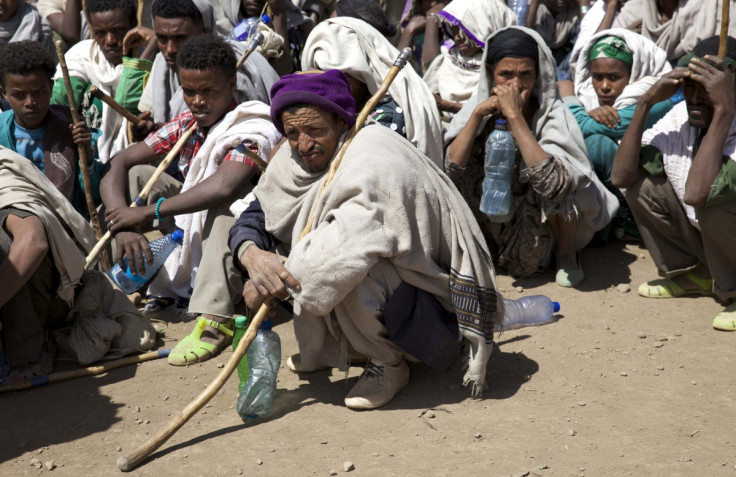Bitland is revolutionising African land registry in partnership with CCEDK
Blockchain-based Bitland is looking to address the unregistered land issue in West Africa.

The creation of decentralised databases for land titles on a public ledger is a compelling use case for blockchain technology. It has been predicted as a major step forward for developing countries plagued with land disputes and corruption around real estate.
Blockchain-based Bitland is looking to address the unregistered land issue in West Africa.
The operation is scheduled for an official opening in Kumasi, Ghana this October, and the team has been progressing with promising behind-the-scenes developments, and has just launched their official ICO crowdfunding campaign with Danish CCEDK and decentralised cryptocurrency exchange, OpenLedger, said a statement.
Currently, up to 78% of the land in Ghana is unregistered, and corruption has created significant obstacles to economic development. The Ghanaian Land Commission has been working with the World Bank on the Land Administration Project since 1999, seeking automated solutions for streamlining the land registration process, fighting fraudulent registration, and increasing productivity.
CCEDK and OpenLedger CEO Ronny Boesing, said: "Bringing clarity to land ownership rights will not only reduce corruption, but will also open up trillions of dollars in locked capital, since land that does not have a functional title cannot be used as capital. And, securing a mortgage to build or purchase homes is not possible."
Bitland, which incidentally picked up an innovation award earlier this year, has already begun collaborative projects in 28 communities to develop synergistic infrastructures and programmes addressing community needs and fostering educational initiatives.
Bitland CEO Chris Bates said: "Bitland is not only involved in land title registration. We have many other elements to our development project. We are actively preparing to pilot various facets of this program in different regions. One of the benefits of installing different pilots is that each individual case-study can address the concerns of each location's diverse array of demands that can be met with simultaneous protocol testing."
Bitland aims to expand to Nigeria in January 2017, collaborating with ERP Systems Coordinator at the OPEC Fund for International Development (OFID).
CCEDK in the form of Boesing's "decentraliced conglomerate" is serving as a key partner, offering the public opportunity to participate in early funding of the project. Bitland's own cryptocurrency/token, the "cadastral," can currently be purchased either directly on the Bitland Global website or via CCEDK's website.
The OpenLedger team is also helping to build the voting system for the Bitland Reserve, with the platform, built on Bitshares' MIT-licensed Graphene 2.0 blockchain technology, a key component of the system through which land title transactions will be stored.
Boesing added: "This may be the last chance for the public to enjoy becoming a part of something that may well turn into a historic event creating the foundation for blockchain based innovation as a shining example of what's possible if you believe strong enough and have the necessary knowledge and tech how to go with it."
© Copyright IBTimes 2024. All rights reserved.






